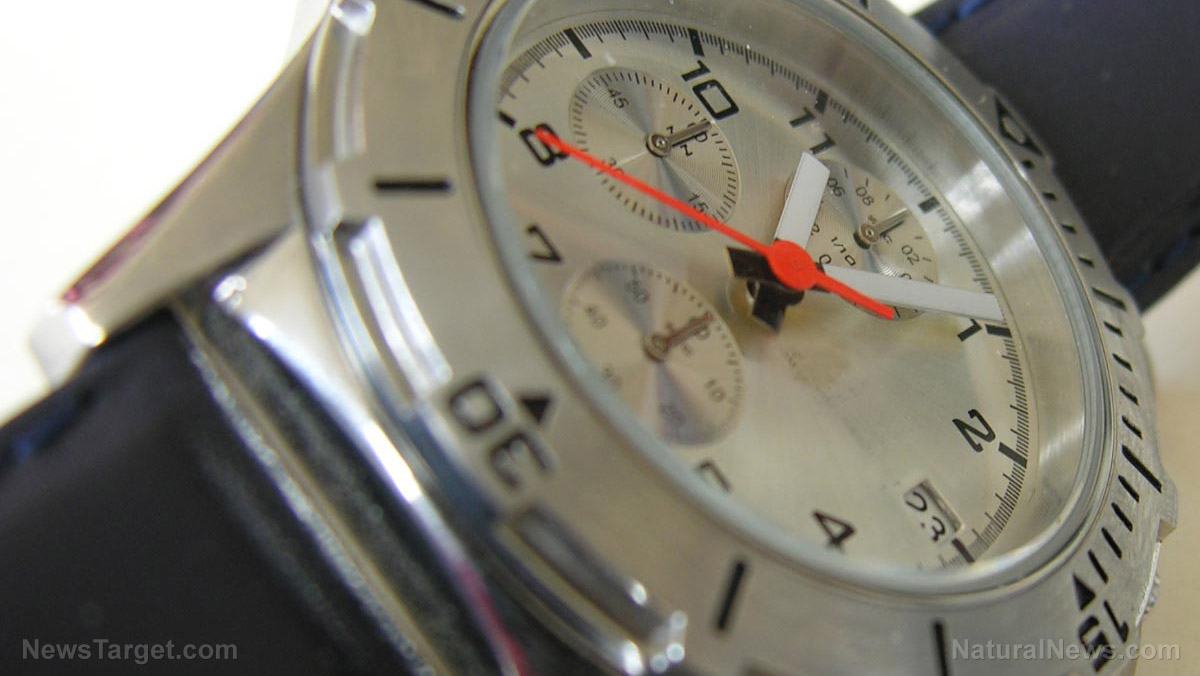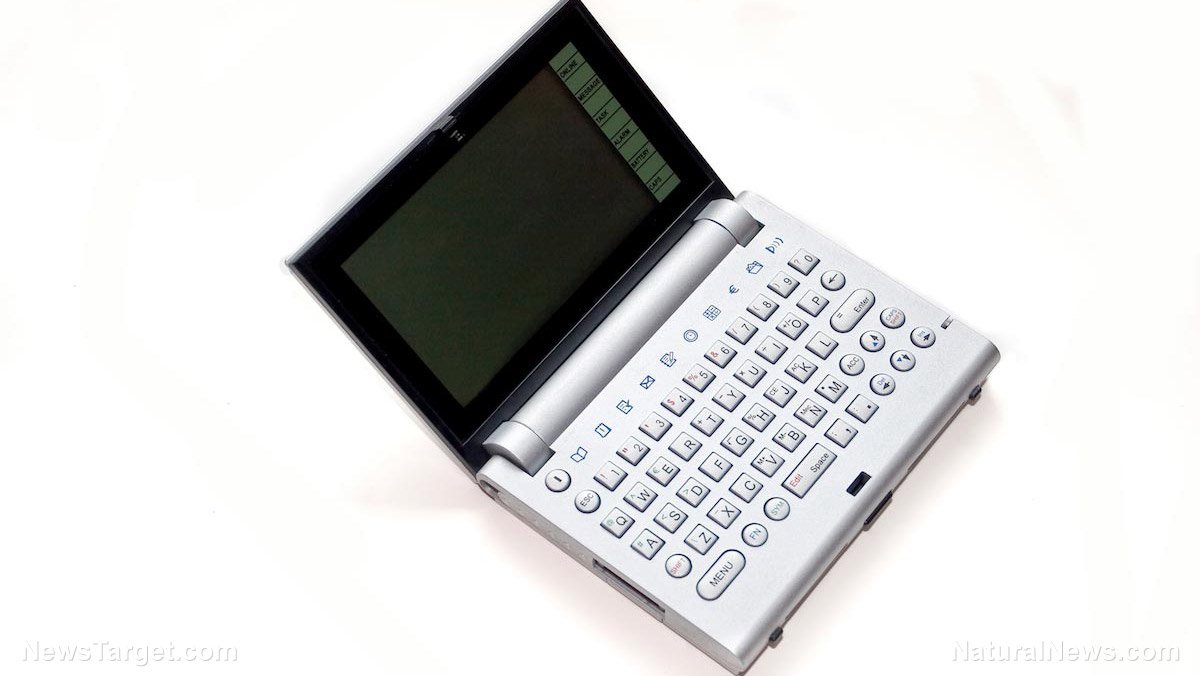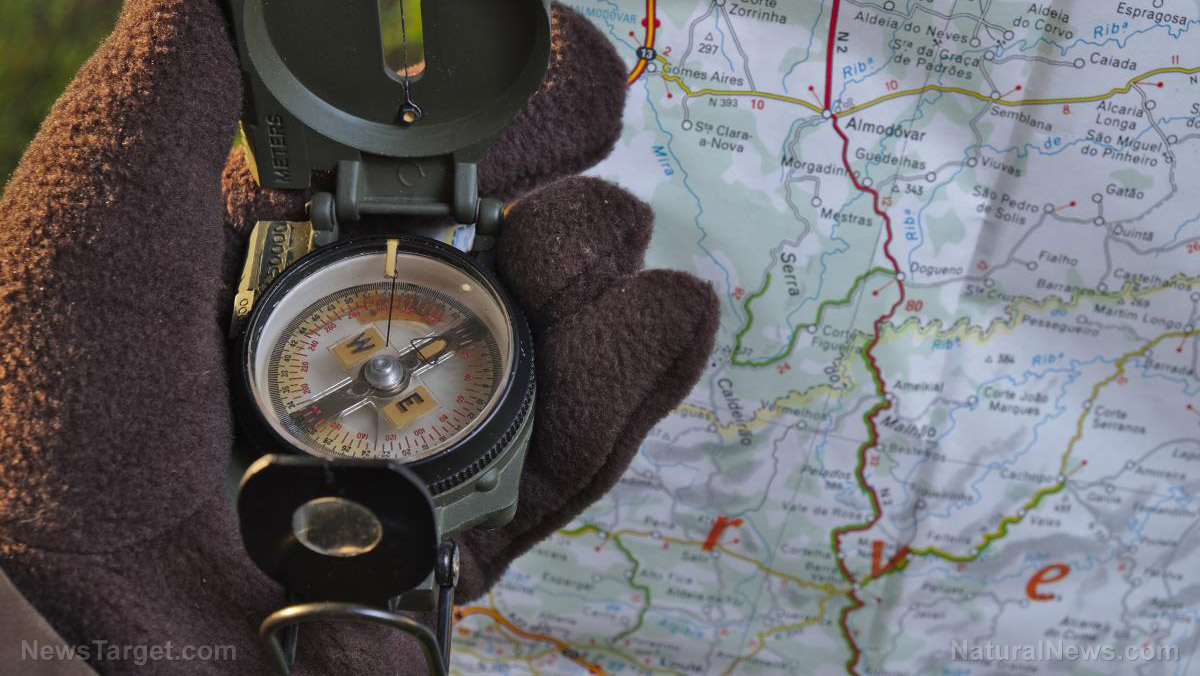
Preppers need to invest in a good wristwatch that will keep on running, especially after SHTF scenarios that take out smartphones and other electronics that tell time. Aside from keeping and telling time, a watch offers other uses related to survival in a post-collapse world.
A kinetic mechanical wristwatch is the best choice for a prepping watch. It winds itself up and doesn't need a replacement battery or recharging from a power outlet.
Mechanical watches get the power to turn their gears from a metal spring. The spring gathers energy whenever it is wound up by way of the knob on the side of the watch.
A kinetic watch improves on its earlier mechanical predecessor by getting the energy from the natural movement of its wearer. Any motion gets an oscillating weight to turn on its pivot and wind the mainspring.
Mechanical and kinetic watches do not use any electronic circuits. They will keep running after the power grid goes down or after an electromagnetic pulse (EMP) attack destroys any unprotected electronics.
The latest models of solar-powered and digital watches may also survive an EMP attack. Their small size, lack of antenna effect, and metal casing may suffice to protect them.
Do not pick any wristwatch with digital readouts. Those watches contain electronic circuits that are vulnerable to the effects of EMP. Owners of battery-powered wristwatches must also stock up on replacement batteries. (Related: Prepping basics: 4 Lists of essential survival supplies.)
The best brands and models of wristwatches for preppers
Three of the most popular wristwatch brands are Casio, Seiko, and Citizen. These companies offer high-quality and reliable models of mechanical, kinetic, and solar-powered watches.
Seiko pioneered the concept of the "automatic quartz" wristwatch. The company's Kinetic models paired the self-powering ability of an automatic watch with the accuracy of a quartz-based timekeeping device.
Seiko Kinetic wristwatches get all of their power from the movement of their wearers. They store up to 40 hours of kinetic energy. Get the Automatic Stainless Steel Watch model, which is electronics-free and features glowing hands for use in the dark.
Casio wristwatches are known for their durability and reliability. Their G-Shock models can shrug off impacts that will damage other watches. Meanwhile, their Tough Solar brand adds the benefit of solar power.
Last but not least are the Citizen Eco-Drive Watches. Their solar panels hide beneath the face of the devices, so they resemble the less-bulky wristwatches that do not run on solar energy.
Some of the most common uses for wristwatches
The main functions of wristwatches are keeping and telling time. They help keep track of the passage of time, even if it is dark.
A watch can time the pulse of a person, the processes of baking and cooking food, and the progress of home canning recipes. Timing is paramount during these processes, so an accurate watch makes the job much easier.
Each member of a group of preppers must wear a wristwatch. Furthermore, they need to synchronize the time of their watches.
Operating on more or less the same timeframe makes it much easier for the individual preppers to coordinate their activities. Use wristwatches to organize important events like meetings, changes of shifts, and urgent calls.
Furthermore, watches may also see use in other ways unrelated to timekeeping. For example, a wristwatch can serve as a makeshift compass.
Point the hour hand in the direction of the sun. Look for the halfway mark in the smallest angle between the 12 o'clock position and the hour hand.
In places in the northern hemisphere, the smallest angle indicates the cardinal direction south. So a wristwatch can tell directions as well as time.
Sources include:
Please contact us for more information.





















